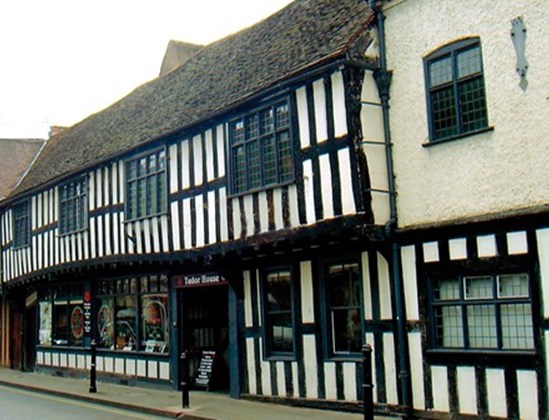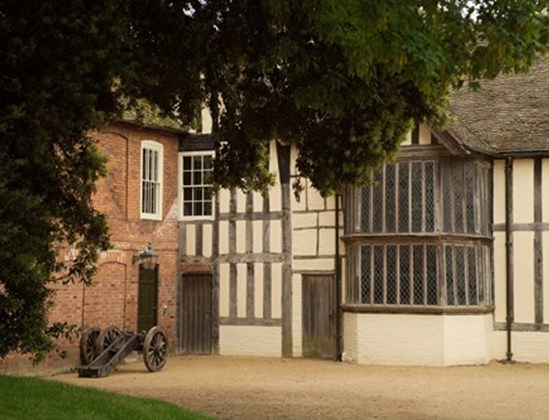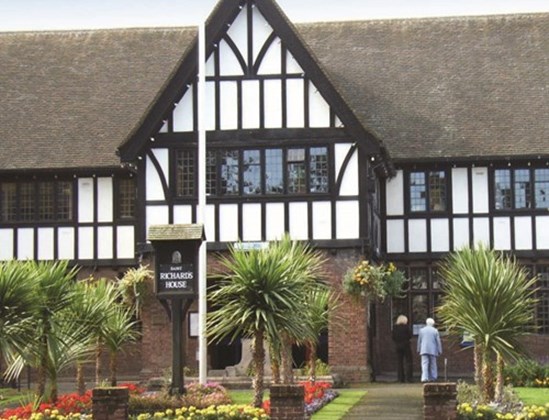

- Contact Us
- Search
-
Mayflower400 partner destinations:
Visiting Worcestershire
Worcester is home to an amazing evolving history, including the first and last battle of the Civil War, a visit from future presidents John Adams and Thomas Jefferson who were keen to see the site they regarded as the place where democracy was effectively born, large glove making industry, the creative home of the much loved Worcestershire Sauce and manufacturing of Royal Worcester Porcelain up until 2009.
Recent investment in the city has seen changes to the High Street with the addition of great shops, eateries and new quarters. The investment in the riverside with the Ring Arts project and Riverside Park designation work will enhance the visitor experience along the riverside as well. Walk to the top of Worcester Cathedral Tower to take it all in for yourself.
Worcestershire is a county full of rolling hills, market towns and the city of Worcester. Home to the sauce of the same name, other iconic English brands in this region include Morgan Motors. There are many churches, abbeys and other historic buildings to see around the county. The Cathedral of Worcester being particularly impressive.
Worcestershire is well-known for its food and drink, the annual asparagus and plum festivals celebrate some of the counties local produce; cider is also produced here. The market town of Droitwich is famed for its salt production and is on the canal - so boat trips and boating holidays are an option.
Worcestershire is conveniently located close to Stratford Upon Avon - home of the famous Bard Shakespeare and the stunning Costwolds countryside.
Worcestershire and the Mayflower story
Droitwich Spa had been a centre for Salt Mining and became a key settlement during the Roman era known as Salinae. Droitwich Spa brine exists far below the ground and emanates at the surface as springs. Droitwich Brine is the strongest natural salt water known, and contains 30% natural salts. This is 10 times more concentrated than normal sea water, making it as dense as the Dead Sea.
The Borough of Droitwich continued to be England’s major salt producing centre for centuries, and is the most frequently mentioned town (11 times) in the Domesday Book.
In 1595 Edward Winslow Sr was listed as an Under-Sheriff and based in Droitwich Spa when his son Edward Jr was born. Edward Winslow was baptised at St Peters Church and would have spent his younger years near the church where there is now a beautiful park and outdoor Lido. He would go on to become a senior figure in the Pilgrims' ranks.
At the age of 10 Edward Winslow would have finished his local education and other boys of his age would be looking to get work in various jobs, however Edward was championed for a scholarship by the Dean of Worcester Cathedral. This wonderful opportunity meant that he would have been educated alongside more well of students including sons of the titled gentry. This education is what afforded Edward the opportunities outside of running a salt mine like his father or selling cotton which was a main trade of Worcester at the time.
Worcester in 1606 would have been full of Tudor houses in the style of timber frames with wattle and daub creating the walls housing its nearly 7,000 population within the City Walls. King John was a guest at the Cathedral in October 1189 when he visited the city and met with Welsh nobility. He continued to stay there during many visits to the city during his requested in his will that he should be buried there upon his death. The will is held in the Cathedral Library. Royal guests to Worcester Cathedral included a succession of English kings and queens including Queen Elizabeth I in August 1575, 21 years before Edward Winslow would join the Cathedral for 5 years of further education.
The Battle of Worcester which saw King Charles II flee the city to escape the country saw a lot of damage to it’s buildings including the remains of the Castle luckily a lot of the original buildings still exist along Friar St as they would have done in the 16th Century when Edward lived just 2 minutes walk away at the Cathedral. Friar St is a beautiful windy road full of Tudor houses built from 1400 onward with some of them now hiding behind 17th Century facades of brickwork. You can discover more of the history of Worcester by visiting, The Tudor House, The Commandery or Greyfriar's House and Gardens as well as booking a private tour with Discover History.
Supported by our national sponsors and funding partners
The Mayflower 400 programme in Worcestershire
Worcestershire’s Mayflower programme drew on the region's exceptional heritage assets and organisations to create a memorable series of activities for Mayflower 400, while also promoting wider links with the US. Key highlights included:
-
A community celebration in Droitwich Spa to celebrate the re-opening of the Heritage Centre.
-
Mayflower 400: Faith and Freedom Conference, held at Worcester Cathedral over two days, explored life and religion in 17th-century England and North America. The conference included subjects such as religion and belief in Jacobean England, the Lost World of the Pilgrim, the Winslow Family, and the Pilgrim Fathers’ encounters across the Atlantic.
-
A series of additional events at Worcester’s amazing Cathedral, including the Three Choirs Festival, which brought a cornucopia of exceptional choral-orchestral performances to the city. There was also the Worcester Mayflower Gala Concert, which included the 'World Premiere' of a specially-commissioned, major choral/orchestral work from composer Philip Sawyers - titled Mayflower on The Sea Of Time.
-
The integration of the region's existing events programme with the Mayflower 400 commemoration, adding a Mayflower theme to established activity.
Worcester Mayflower Highlights
- Attractions
- Accommodation
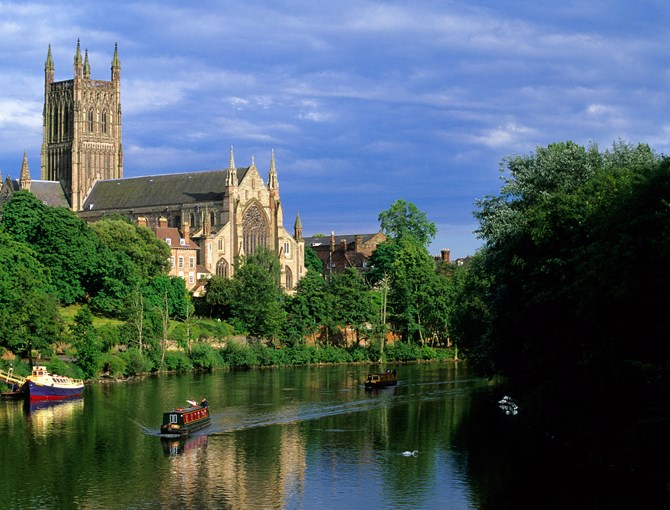
Worcester Cathedral
Historic Site
Pilgrim Edward Winslow was educated at King’s School Worcester, which is situated in the Cathedral precinct and was at the time run by the Cathedral.
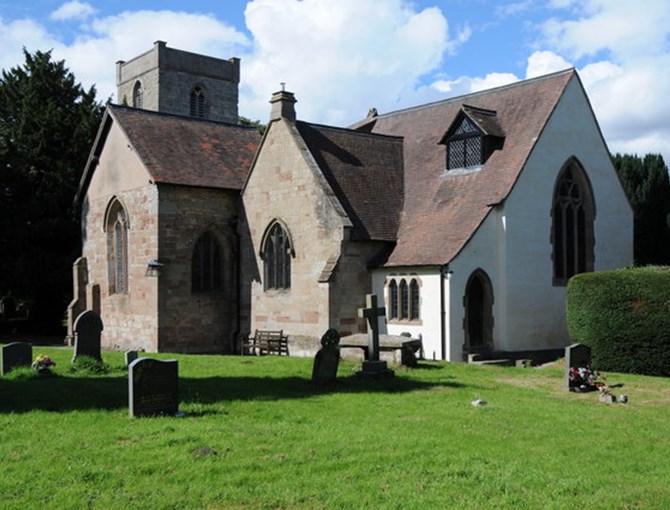
St Peter's Church, Droitwich Spa
Church or religious building
The Vestry of St. Peter's church is dedicated to the memory of Edward Winslow who was baptised here in 1595.
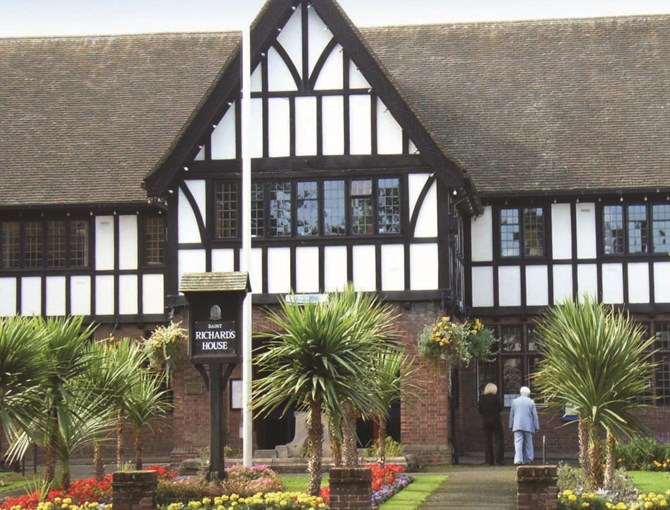
Droitwich Spa Heritage and Information Centre
Museum
A very friendly and welcoming Tourist Information Centre, and a fascinating permanent local history exhibition.
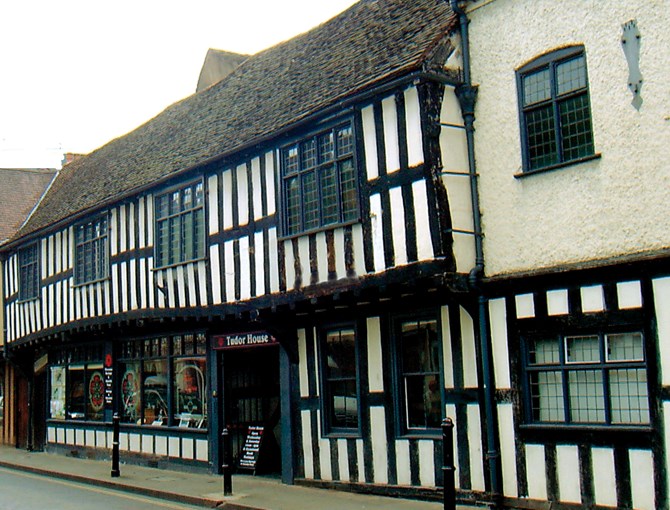
Tudor House Museum, Worcester
Museum
Situated on one of the most historic streets in Worcester this 16th century timber framed building brings a vanished Worcester back to life.
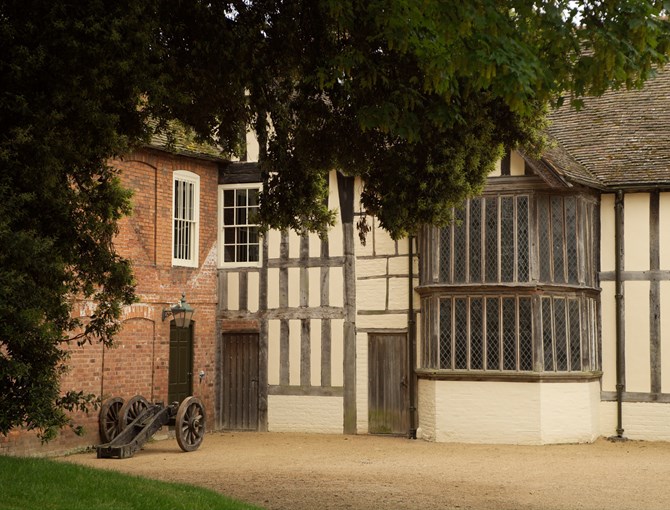
The Commandery
Visitor Attraction
A glorious Grade I listed building dating back to the 12th century.
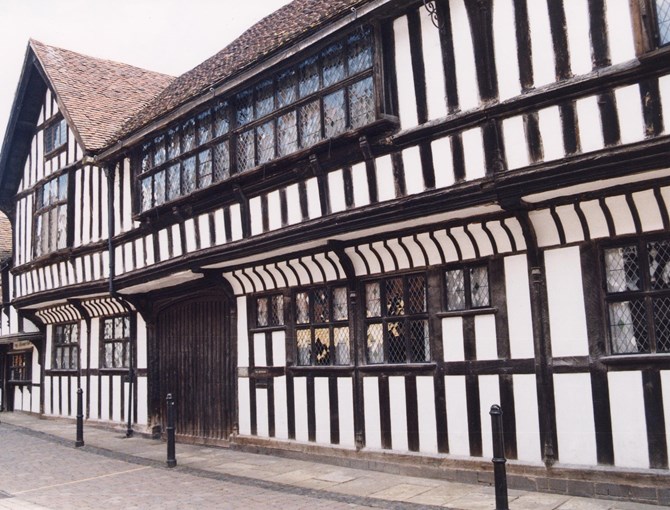
Greyfriar's House & Garden NT
Museum
Set in the heart of historic Worcester, The Greyfriar's is a stunning timber-framed merchant’s house.
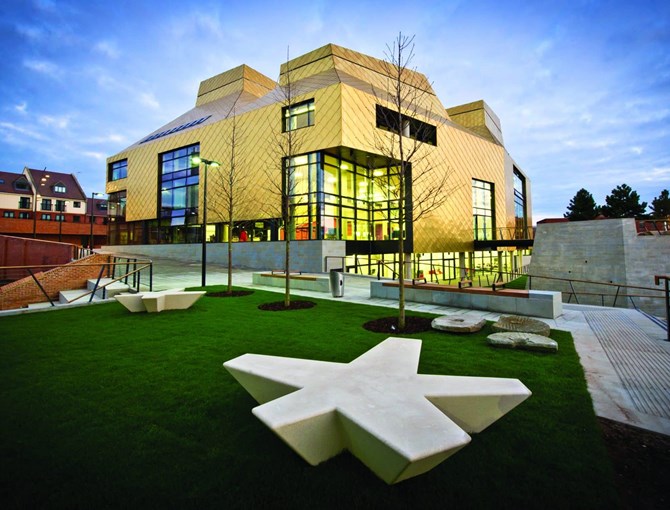
The Hive
Educational
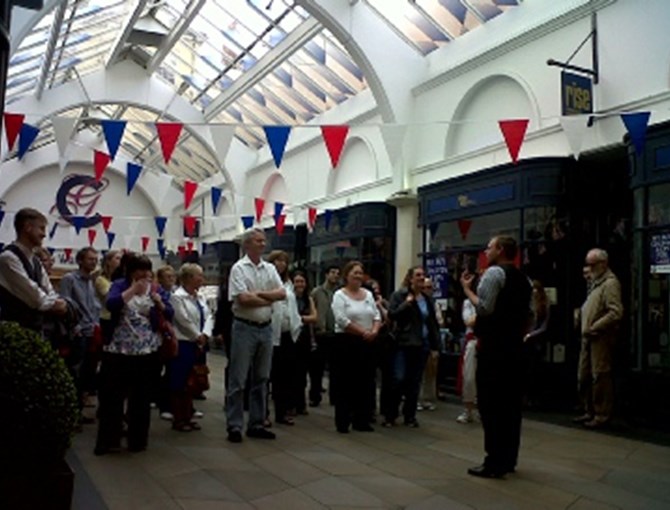
Discover History
Guided Walking Tour
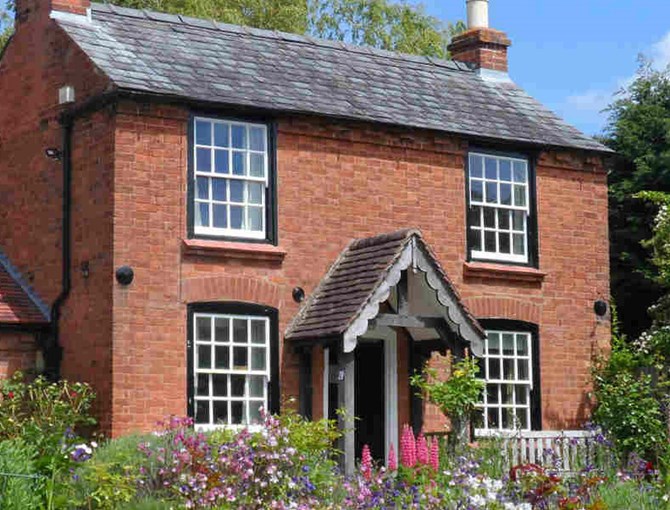
The Firs - Elgar’s Birthplace
Historic Site
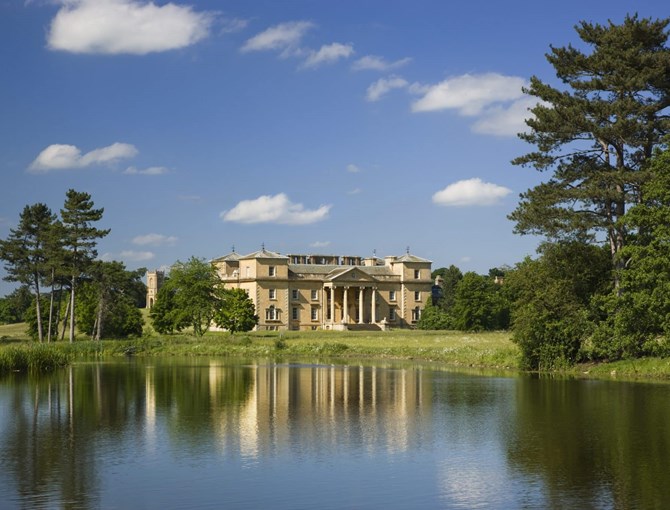
Croome Park
Park / Open Space
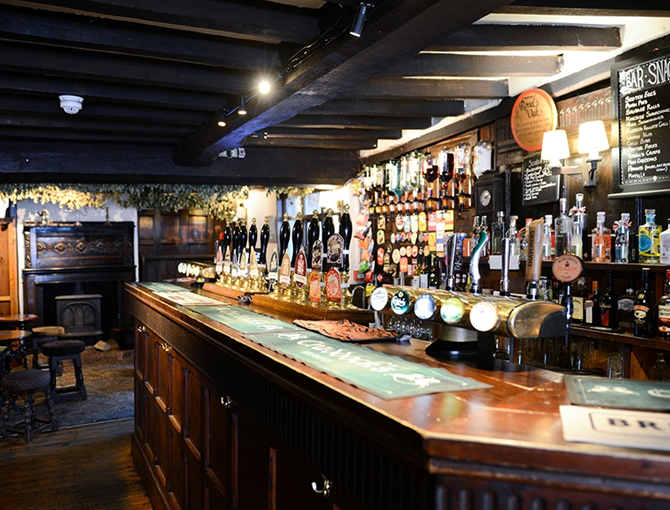
King Charles II Pub (Worcester)
Food and drink
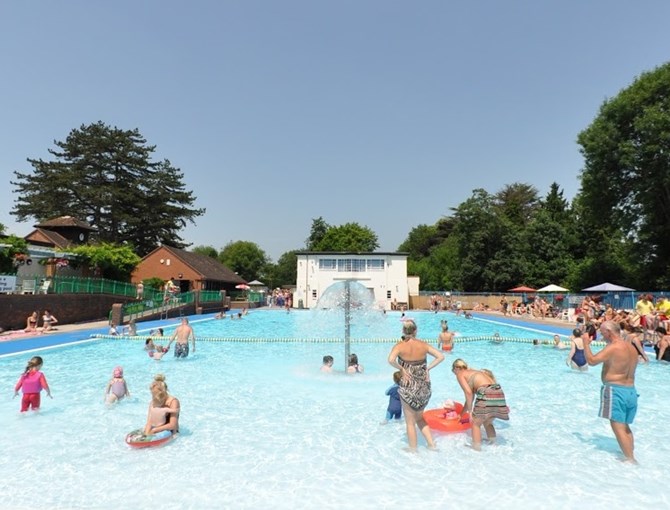
Droitwich Spa Lido Park
Park / Open Space
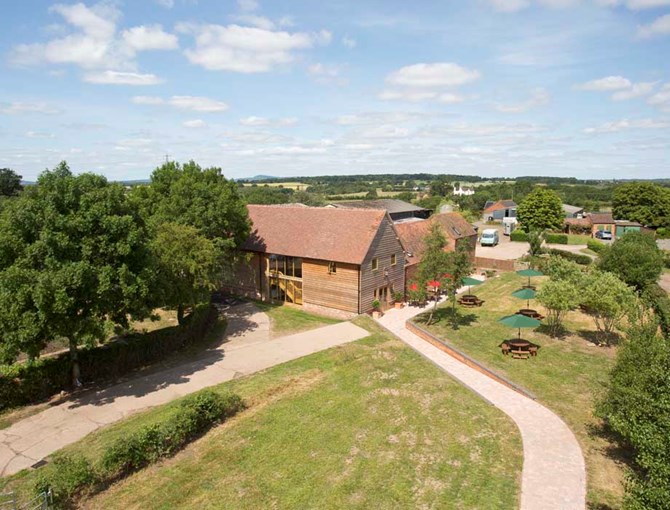
Churchfields Farmhouse
Visitor Attraction
Stanbrook Abbey Hotel
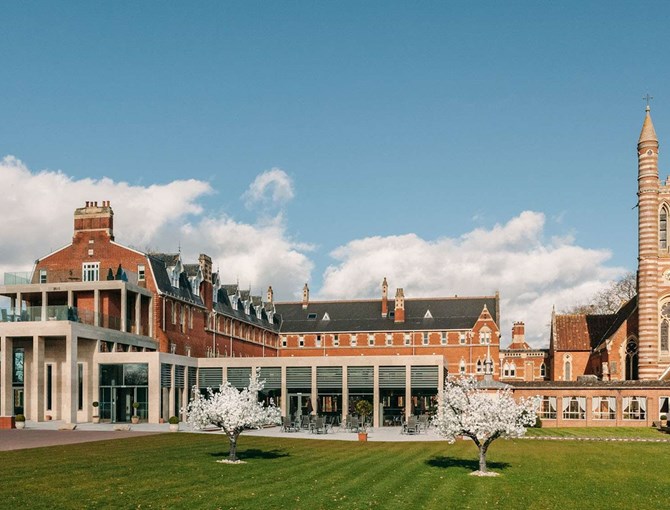
Stanbrook Abbey Hotel
Hotel
Once a historic monastery offering silence and spiritual direction, now a modern hotel with a beautiful collection of 55 bedrooms
Diglis House Hotel
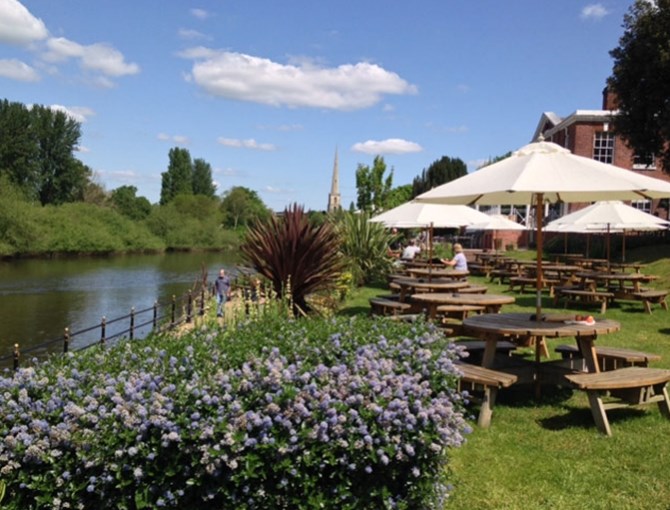
Diglis House Hotel
Hotel
Diglis House Hotel offers 1st class accommodation in the most unique riverbank location in Worcester City. Our Worcester City centre hotel has 28 rooms offering comfort and individuality alongside the convenience of easy access to all Worcester City has to offer.
Worcester Whitehouse Hotel
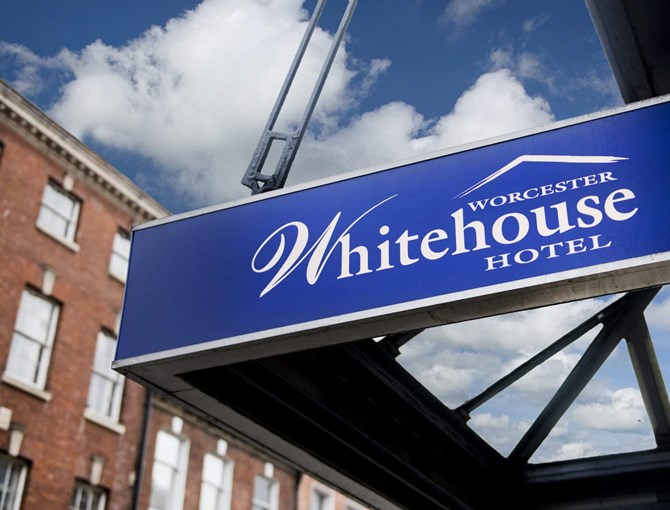
Worcester Whitehouse Hotel
Hotel
Bank House Hotel, Spa and Golf Club

Bank House Hotel, Spa and Golf Club
Hotel
The Wood Norton
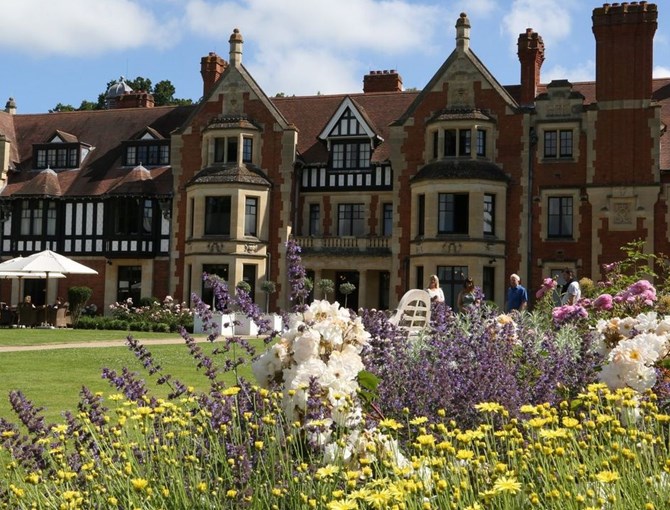
The Wood Norton
Hotel
The Wood Norton is a beautifully crafted hotel built by the Duc D'Orleans, exiled French Royalty in 1897 and now a stunning destination for a fabulous country break.
Brockencote Hall Hotel
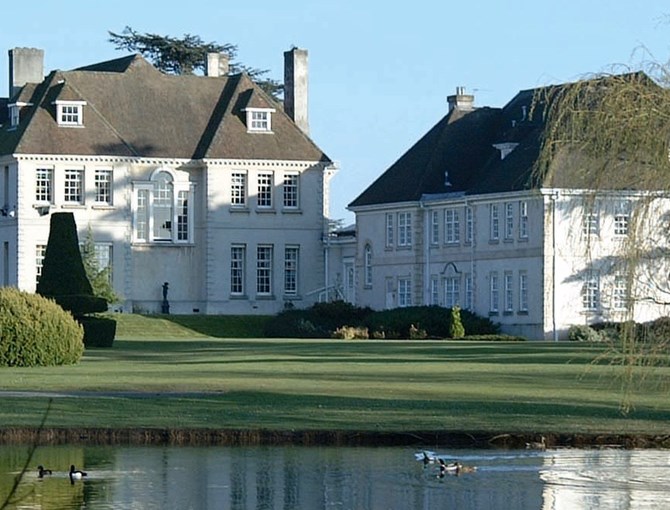
Brockencote Hall Hotel
Hotel
This Victorian country manor house hotel is set in 70 acres of stunning Worcestershire parkland
St Andrews Town Hotel
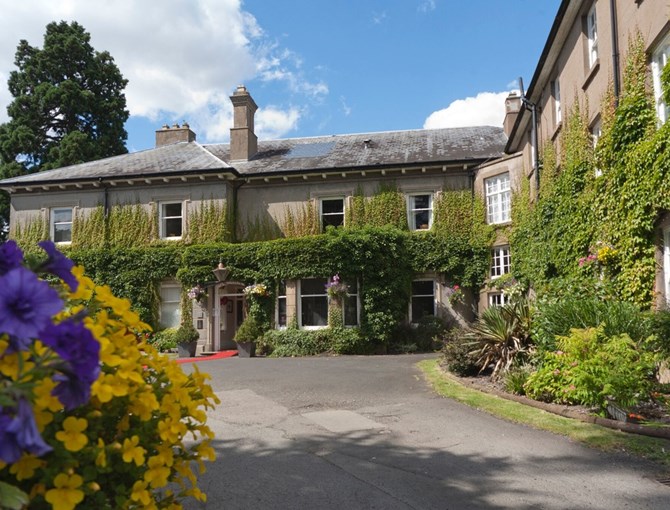
St Andrews Town Hotel
Hotel
Hogarths Stone Manor Hotel
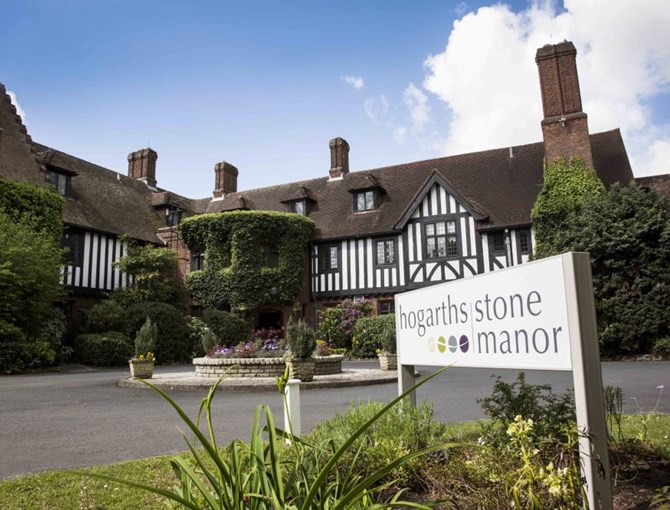
Hogarths Stone Manor Hotel
Hotel
The Elms Hotel & Spa
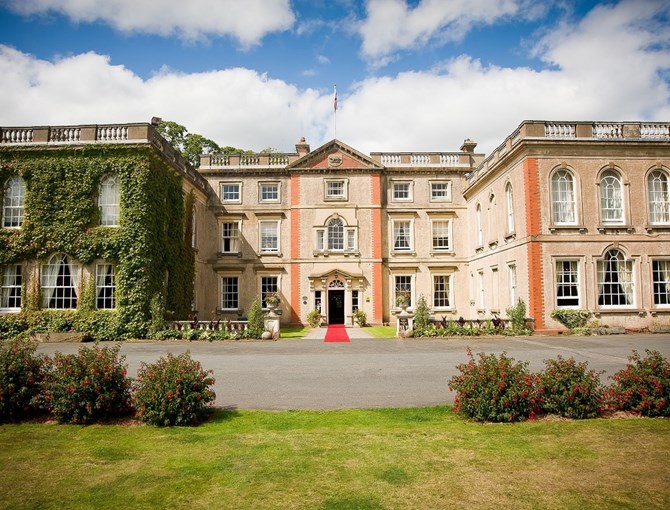
The Elms Hotel & Spa
Hotel
Sign up for the latest Mayflower 400 news
You'll be the first to hear the latest Mayflower news, events, and more.
Log In
Register
Mayflower 400 Proudly Supported by our National Sponsors and Funding Partners
